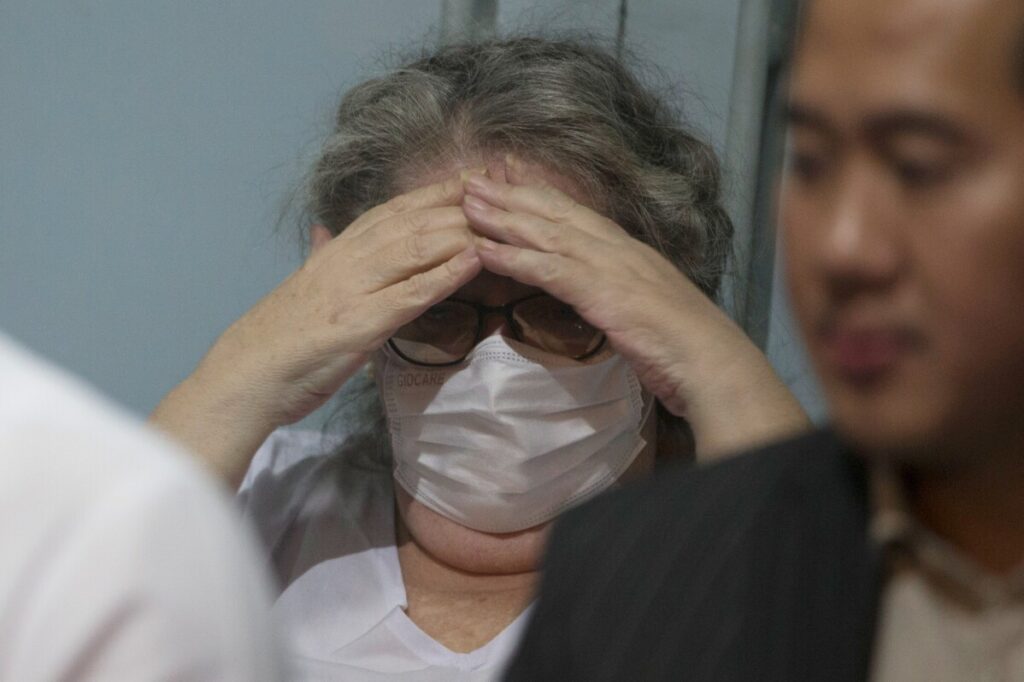Explosions at Jakarta School Mosque Ignite Security Concerns Amid Uncertain Threats
A sudden series of explosions during Friday prayers at a Jakarta high school mosque injured over 50 students, spotlighting ongoing security vulnerabilities and raising urgent questions about Indonesia’s counterterrorism efforts in a critical region.

In broad daylight on a Friday prayer session, multiple explosions rocked a mosque inside a Jakarta high school located within a naval compound, leaving at least 55 injured—mostly students. The incident, which many fear could be terror-related despite official caution, exposes how even secure government facilities are not impervious to violent acts that threaten stability in strategically important Southeast Asia.
Why Are Our Allies Struggling to Maintain Security Against Emerging Threats?
The blasts erupted just as the sermon began inside SMA 27 in northern Kelapa Gading, causing chaos as frightened students fled beneath billowing gray smoke. Injuries ranged from glass shard wounds to severe burns. While Indonesian police have urged restraint against premature conclusions labeling this as a terror attack, the presence of toy firearms near the scene and the nature of the blast near loudspeakers raise disconcerting questions about intent and sophistication.
Indonesia’s history is marked by brutal terrorist violence such as the 2002 Bali bombings that killed over 200 civilians. Though authorities highlight years of relative calm since then—what they call a “zero attack phenomenon”—the recent incident may indicate cracks in their security apparatus or evolving tactics of militant groups aiming for symbolic targets like places of worship combined with educational settings.
What Does This Mean for America and Our Strategic Interests?
As neighboring powers grapple with regional instability, America must closely monitor events like these within allied nations that serve as bulwarks against global terrorism and China’s expanding influence. Secure partners in Southeast Asia are essential for protecting trade routes and countering hostile networks that threaten U.S. national sovereignty indirectly through proxy chaos.
Washington should press for greater intelligence sharing and robust anti-terrorist cooperation to ensure these attacks do not escalate unchecked. Failure to confront such threats abroad risks spillover effects including increased migration pressures and compromised supply chains that impact everyday Americans.
This tragic episode reminds us that freedom requires vigilance—not just here at home but also among allies committed to preserving order against radical ideologies bent on destruction.
The question remains: How long will complacency allow these dangerous incidents to grow unnoticed? Responsible governance demands transparency and swift accountability—not vague reassurances amid rising casualties.
